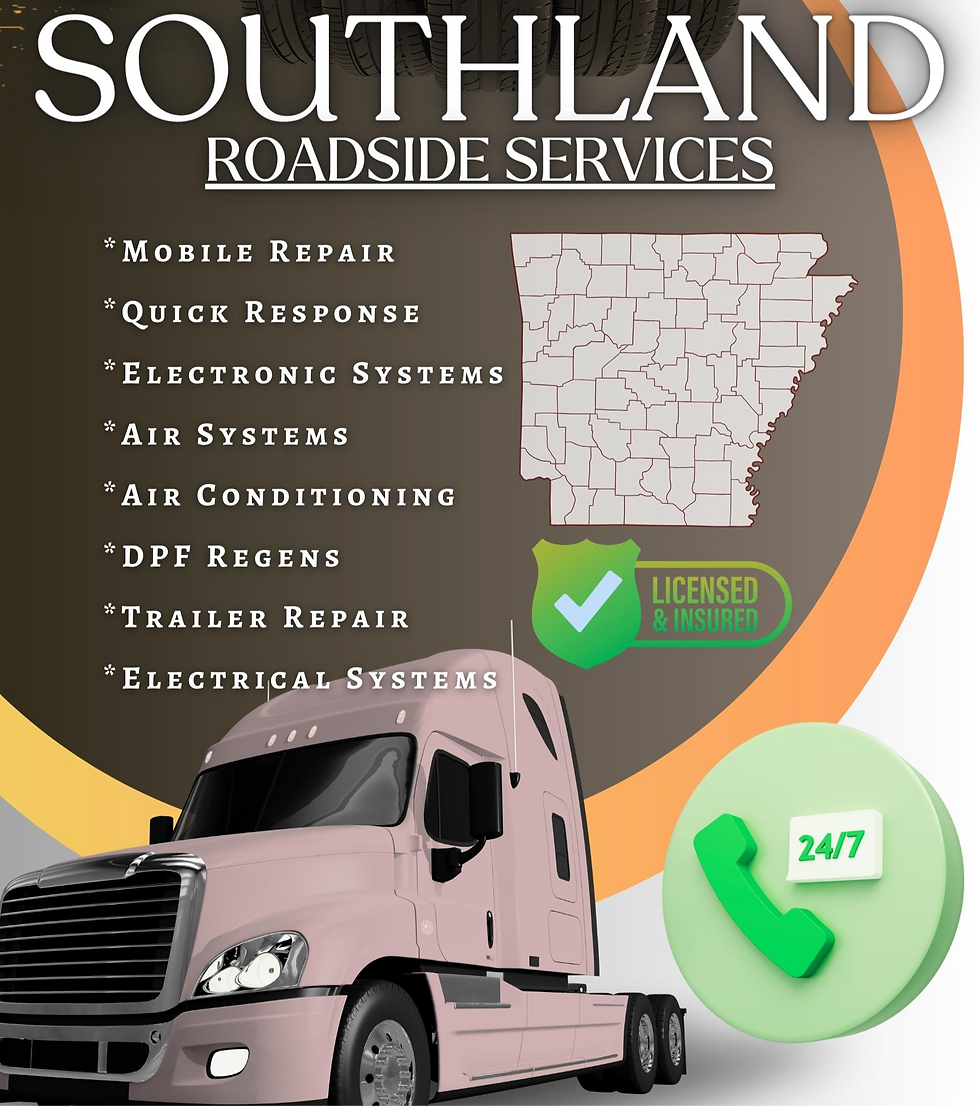The Ripple Effect of Aging Truck Fleets in the Trucking Industry
- Brian Grimes
- Dec 15, 2023
- 2 min read

The Ageing Dilemma
The trucking industry, a critical cog in the economy's wheel, is currently grappling with a significant challenge: the aging of its vehicle fleet. This phenomenon isn't just a matter of a few old trucks; it reflects broader economic trends and has far-reaching implications.
Economic Pressures and Fleet Decisions
Class 8 trucks, the workhorses of the industry, have seen robust production rates. However, the economic landscape is shifting. Economic slowdowns, coupled with high-interest rates, are expected to dampen the demand for new trucks. This economic pressure is causing fleet operators to rethink their strategies.
Delaying New Purchases
Faced with financial uncertainties, many trucking companies are choosing to delay the purchase of new trucks. This decision is not taken lightly, as new trucks represent significant investments. However, in an uncertain economic environment, preserving capital becomes a priority.
Extending Trade Cycles
In addition to delaying new purchases, fleets are extending the trade cycles of their vehicles. This means trucks are being kept in service for longer periods than initially planned. While this helps mitigate immediate financial outlays, it introduces other challenges, particularly concerning maintenance and repair.

The Demand for Increased Utilization
As fleets hold onto their trucks for longer, there's an increased demand for utilization and uptime. This means trucks are expected to be on the road, performing reliably for more extended periods. It's a tall order for aging vehicles, which naturally require more attention as they age.
The Rise in Maintenance Needs
Consequently, there's a noticeable uptick in the need for service and maintenance activities. Older trucks, by their very nature, are more prone to wear and tear and may require more frequent and intensive care to remain operational and safe.
The Impact on Service Providers
This shift presents both challenges and opportunities for service providers in the trucking industry. On the one hand, the increased need for maintenance could mean more business. On the other hand, it requires service providers to adapt their offerings, perhaps focusing more on older truck models and ensuring their technicians are skilled in handling a range of maintenance issues.
Preparing for the Future
The trucking industry must prepare for a future where older trucks dominate the fleets. This preparation involves not just the physical maintenance of the trucks but also a strategic approach to fleet management, where the balance between old and new vehicles is carefully managed.
Conclusion
The aging truck fleet in the trucking industry is a multifaceted issue that demands a comprehensive and forward-thinking approach. While it poses significant challenges, it also offers opportunities for growth and innovation in maintenance and fleet management practices. As the industry navigates this landscape, the focus will be on maintaining efficiency and reliability, despite the advancing years of the vehicles.





Great article. Really explains the tough situation that the fleets and owner ops are finding themselves in right now.